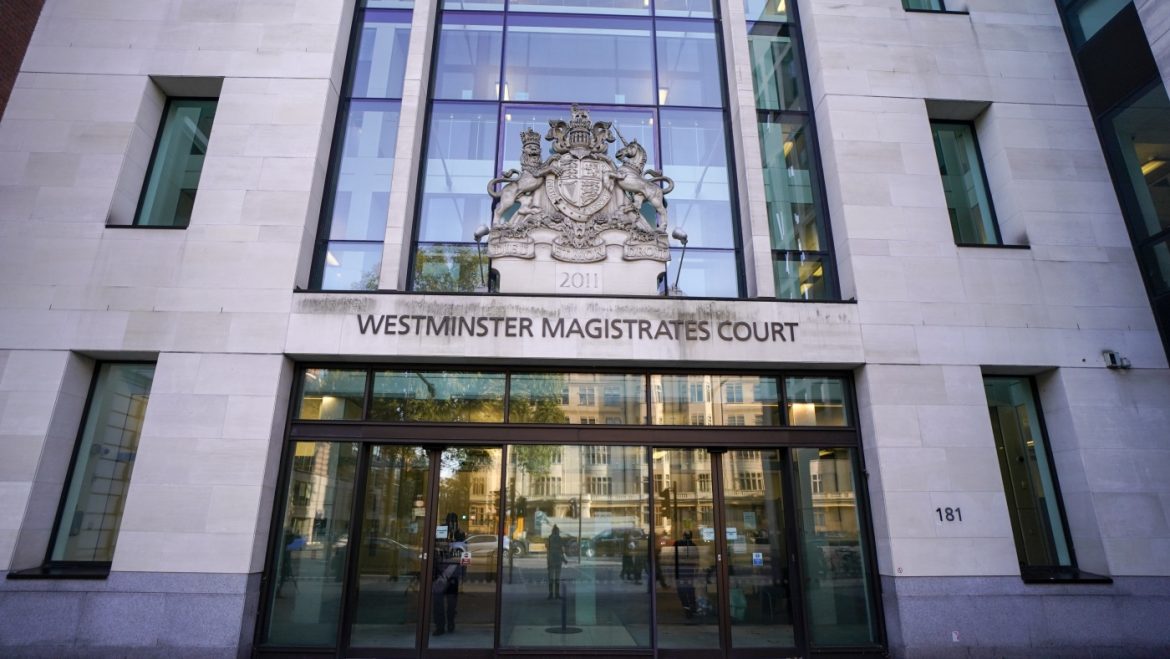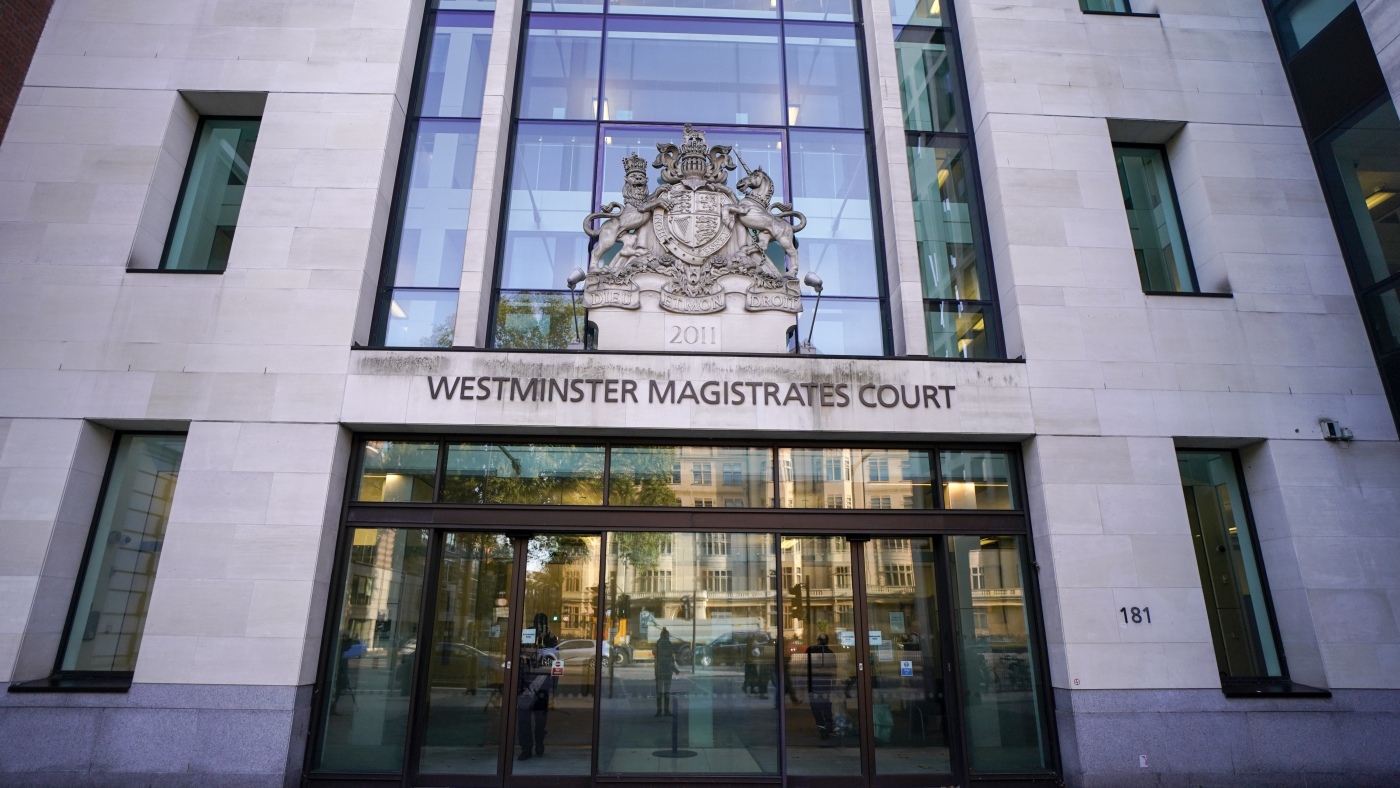A Deep Dive into the Alleged Hacking Campaign Targeting American Climate Activists
The recent accusation against an Israeli private investigator, Amit Forlit, of orchestrating a hacking campaign targeting American climate activists has sparked significant attention and concern. The Justice Department’s charges of conspiracy to commit computer hacking and other related crimes highlight a troubling intersection of cybersecurity, international relations, and environmental activism. This report delves into the intricacies of the case, its implications, and the broader context in which it occurs.
The Charges and Allegations
Conspiracy to Commit Computer Hacking
The Justice Department has formally charged Amit Forlit with conspiracy to commit computer hacking. This charge indicates that Forlit is alleged to have been part of a coordinated effort to illegally access and compromise the computer systems of American climate activists. The specifics of the hacking methods and the extent of the data breached are not fully detailed in the initial reports, but the gravity of the accusation is clear. Conspiracy charges often imply a level of premeditation and collaboration, suggesting that Forlit may not have acted alone.
Targeting Climate Activists
The targeting of climate activists is particularly noteworthy. These individuals and groups are often at the forefront of advocating for environmental policies and raising awareness about climate change. The hacking campaign could be seen as an attempt to undermine their efforts, potentially revealing sensitive information, disrupting their operations, or even intimidating them into silence. This raises questions about the motives behind the attacks and who might benefit from silencing climate activists.
The Broader Context
Cybersecurity and International Relations
The accusation against Forlit also shines a light on the complex interplay between cybersecurity and international relations. The involvement of an Israeli private investigator in a hacking campaign against American activists underscores the global nature of cyber threats. It also raises questions about the legal and ethical boundaries of international cyber operations. How countries and individuals navigate these boundaries will have significant implications for global cybersecurity policies.
Environmental Activism and Cyber Threats
Environmental activism has long been a contentious field, with activists often facing opposition from various quarters, including corporate interests and governments. The use of cyber tactics to target activists is a worrying development, as it introduces a new dimension of risk and vulnerability. Activists must now contend not only with traditional forms of opposition but also with sophisticated cyber threats that can compromise their work and personal safety.
Implications and Future Considerations
Legal and Ethical Ramifications
The charges against Forlit have significant legal and ethical ramifications. Legally, the case will set a precedent for how similar cybercrimes are prosecuted, particularly those involving international actors. Ethically, it raises questions about the use of cyber tactics to suppress dissent and advocacy. The outcome of the case could influence how future cyber threats are addressed, both in terms of legal frameworks and ethical guidelines.
Strengthening Cybersecurity for Activists
The incident also underscores the need for enhanced cybersecurity measures for activists and advocacy groups. These organizations often operate with limited resources and may not have the expertise to defend against sophisticated cyber attacks. Investing in cybersecurity infrastructure and training for activists will be crucial in protecting their work and ensuring their safety.
International Cooperation
The case highlights the importance of international cooperation in addressing cyber threats. Cybercrimes often transcend national borders, requiring coordinated efforts between countries to effectively investigate and prosecute offenders. Strengthening international partnerships and sharing best practices will be essential in combating global cyber threats.
Conclusion
A Call to Action
The accusation against Amit Forlit serves as a stark reminder of the evolving nature of cyber threats and the need for vigilance in protecting vulnerable groups. As climate activism continues to gain momentum, so too will the efforts to undermine it. It is imperative that we strengthen our defenses, both legally and technologically, to safeguard the work of activists and ensure that their voices are heard. The outcome of this case will be a significant step in shaping the future of cybersecurity and international relations, and it is a call to action for all stakeholders to prioritize the protection of digital freedoms and the right to advocacy.


